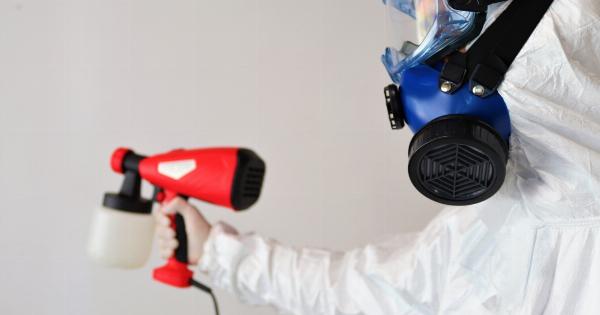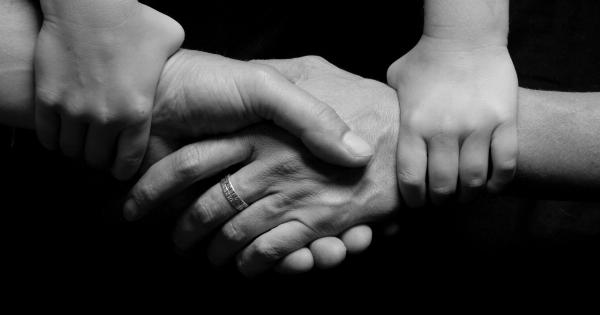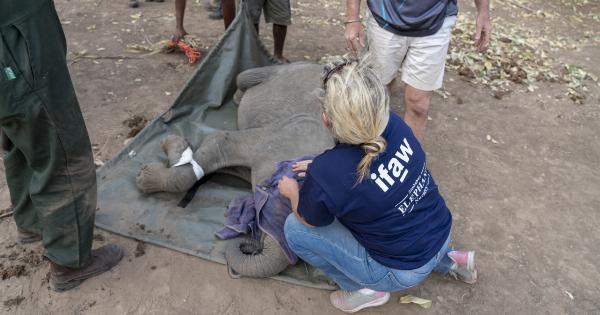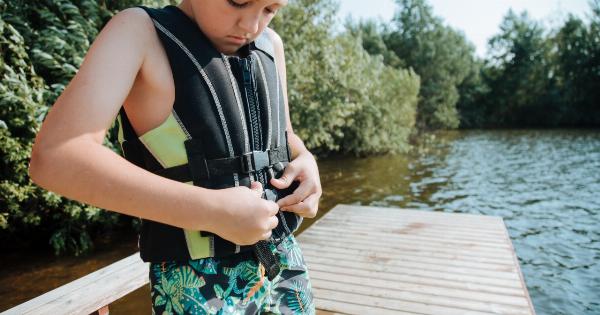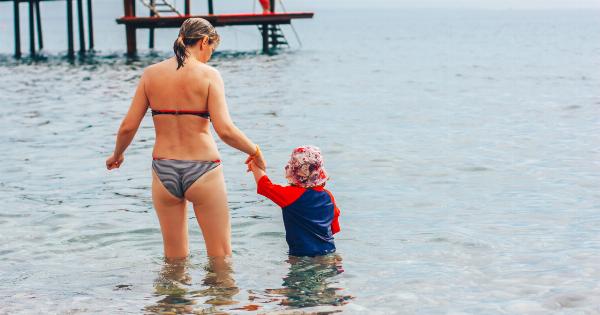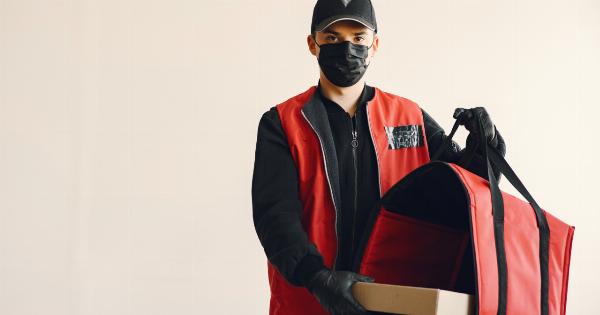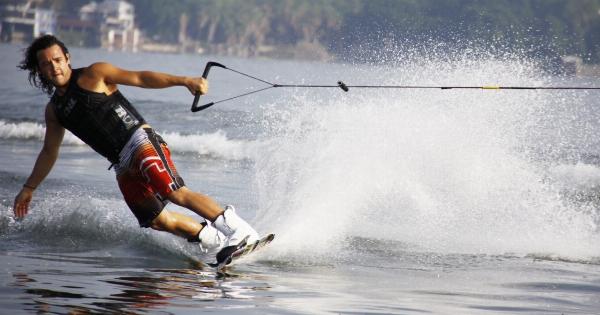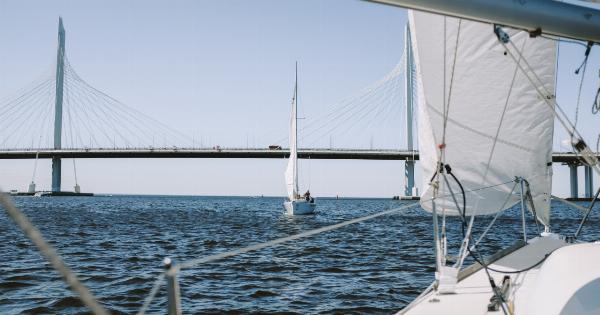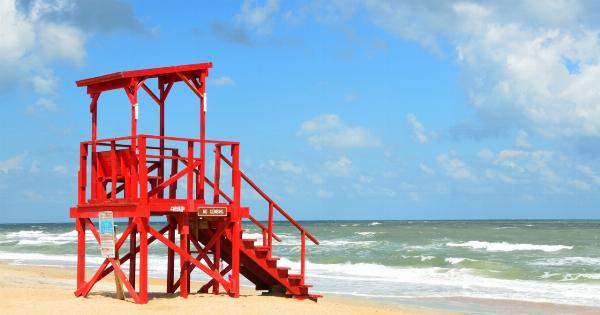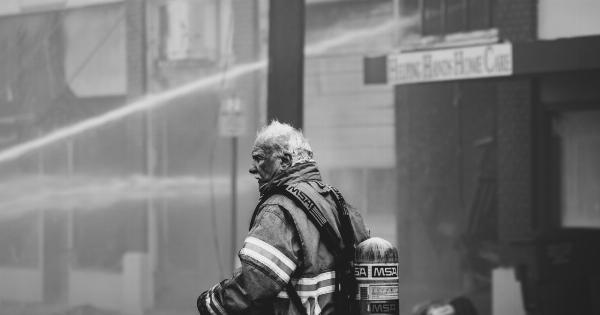Water activities can be fun and exciting, providing a great way to beat the heat and enjoy the outdoors. However, it is important to prioritize safety and take necessary precautions to prevent accidents and ensure everyone’s well-being.
Whether you are swimming, boating, or simply relaxing near the water, here are some lifesaving strategies to keep in mind.
1. Learn to Swim
One of the best ways to stay safe around water is by learning how to swim. Swimming not only helps you enjoy various water activities but also equips you with necessary skills to handle emergency situations.
Consider enrolling in swimming lessons taught by certified instructors, especially if you are a beginner.
2. Supervise Children
Always keep a watchful eye on young children near water. Drowning can happen quickly and silently, so it is crucial to provide constant and close supervision.
Avoid distractions, such as using your phone or engaging in lengthy conversations, while kids are in or around water. If there are multiple adults present, designate a “water watcher” to ensure continuous supervision.
3. Wear Appropriate Safety Gear
When engaging in water activities, wearing appropriate safety gear is essential. Life jackets or personal flotation devices (PFDs) are crucial for boating, water skiing, or any activity that involves being on or near the water.
Ensure that life jackets are properly fitted and approved by relevant authorities.
4. Understand Water Conditions
Prior to entering any body of water, it is important to understand the current conditions. Learn about potential hazards such as strong currents, undertow, or rip currents.
If you’re uncertain about the water conditions, it’s best to avoid swimming or other water activities until it’s safe.
5. Don’t Swim Alone
Swimming with a buddy is always a good idea. Having someone else with you ensures that there is immediate help available in case of an emergency. In unfamiliar or potentially dangerous waters, it is even more important to swim with others.
6. Follow Boating Safety Guidelines
If you enjoy boating, make sure to follow boating safety guidelines.
This includes having life jackets readily accessible for everyone onboard, knowing how to operate the boat safely, being aware of navigational rules, and never boating under the influence of alcohol or drugs.
7. Avoid Alcohol and Drugs
Alcohol and drugs impair judgment, coordination, and reaction time, increasing the risk of accidents in and around water.
It is crucial to avoid consuming alcohol or drugs before or during any water activities to ensure your safety as well as the safety of those around you.
8. Stay Hydrated
Water activities can be physically demanding, especially under the sun. It is important to stay hydrated by drinking plenty of water. Dehydration can lead to fatigue, cramps, and dizziness, which can increase the risk of accidents.
Remember to take breaks and rehydrate regularly.
9. Know Emergency Procedures
Being prepared for emergencies is crucial when it comes to water safety. Familiarize yourself with local emergency procedures and the basic principles of water rescue.
Knowledge of CPR (Cardiopulmonary Resuscitation) and basic first aid techniques can make a significant difference in an emergency situation.
10. Respect Warning Signs and Flags
Pay attention to warning signs and flags posted at beaches, pools, or other water recreational areas. These signs provide important information about water conditions, potential hazards, and prohibited activities.
Ignoring these signs can jeopardize your safety and the safety of others.
Conclusion
Water activities can provide invaluable joy and fun, but it is essential to prioritize safety. By following these lifesaving strategies, you can enjoy water-related activities while minimizing the risks.
Remember, staying safe around water is a shared responsibility, so be proactive and spread awareness to others as well.


